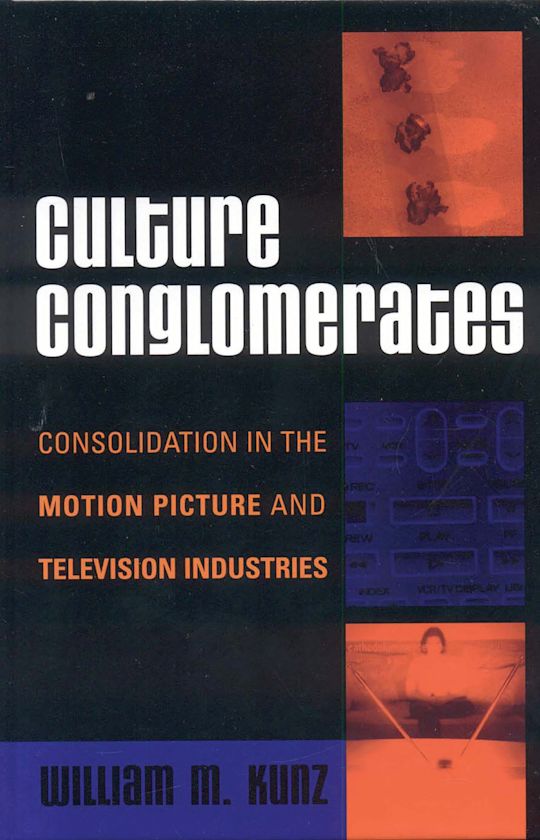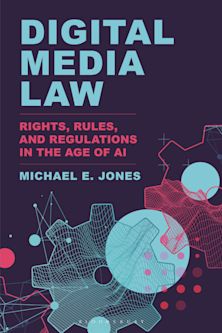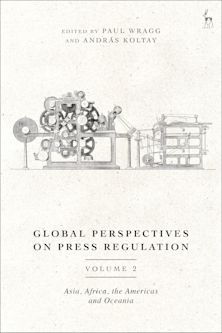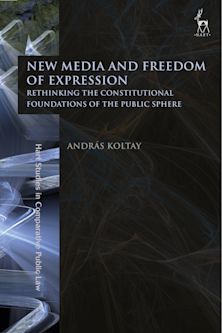Culture Conglomerates
Consolidation in the Motion Picture and Television Industries
- Textbook
Culture Conglomerates
Consolidation in the Motion Picture and Television Industries
- Textbook
This product is usually dispatched within 3 days
- Delivery and returns info
-
Free CA delivery on orders $40 or over
Description
This succinct overview explains conglomeration and regulation in the film and television industries, covering its history as well as the contemporary scene. Former producer William M. Kunz shows how the current structure of these industries has evolved and how this structure impacts the production and distribution of cultural products. Providing a critical view without taking a political stance, Kunz focuses on film and TV in order to give an in-depth portrait of these industries and their dynamic relationship to each other. Ideal as a supplement for a variety of media courses_such as media and society, policy, economics, and criticism_this student-friendly text includes synopses of key media regulations and policies, discussion questions, a glossary, and interesting sidebars.
Table of Contents
Chapter 2 Conglomeration in the Motion Picture Industry
Chapter 3 Conglomeration in the Broadcast Television Industry
Chapter 4 Patterns of Ownership in Motion Picture Distribution
Chapter 5 Patterns of Ownership in Prime Time Network Programming
Chapter 6 Conglomeration in Cable and Satellite Television Systems and Services
Chapter 7 Why Ownership Matters, Revisited
Chapter 8 Discussion Questions
Chapter 9 Terms and Concepts
10 Selected Bibliography
Product details
| Published | Jun 29 2006 |
|---|---|
| Format | Paperback |
| Edition | 1st |
| Extent | 272 |
| ISBN | 9780742540668 |
| Imprint | Rowman & Littlefield Publishers |
| Dimensions | 228 x 173 mm |
| Series | Critical Media Studies: Institutions, Politics, and Culture |
| Publisher | Bloomsbury Publishing |



































